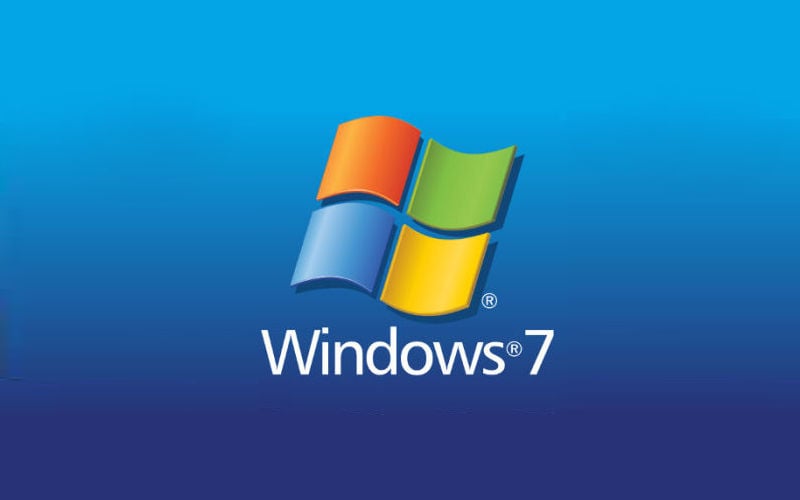Why You Should Stop Using Windows 7 ASAP
Published on


This past week, Microsoft officially ended its support of Windows 7, a decade-old operating system that initially premiered during the summer of 2009. While most users have long since abandoned Windows 7 in favor of various newer flavors of the Windows OS, there are still many computers running the outdated operating system. Windows 7 was considered by many experts to be both a major improvement over its predecessor, Windows Vista, and to be more reliable than Windows 8, its immediate successor; it earned positive reviews on a far more consistent basis that either of the others. That factor, coupled with the general reluctance of many people and organizations to replace a working system (“if it isn’t broken don’t fix it”) has translated into Windows 7 remaining live on a large number of machines over a decade after it initially appeared on the market.
But, running Windows 7 today can create several serious problems about which you should be aware:
Windows 7 systems may suffer from vulnerabilities that will not be fixed
Modern operating systems are extremely complicated, and incorporate many millions of lines of code – making them prime candidates for containing software bugs that create security vulnerabilities. While Microsoft acts to fix software that it supports in order to remove vulnerabilities, it is unlikely to regularly issue patches for Windows 7 going forward. While many vulnerabilities in Windows 7 have been found and fixed over the past decade, there is no assurance that all such weaknesses have been identified and addressed. Should vulnerabilities be discovered in Windows 7 in the future, or be discovered to be present in other software when it runs in a Windows 7 environment, criminals may have long-term opportunities to inflict damage.
Hardware may stop working
New devices – and newer versions of drivers for existing devices – may not support Windows 7. If a device that you are running connected to a Windows 7 box dies, for example, the device with which you seek to replace it may not work with Windows 7. And, even if devices and their drivers do work, they may create vulnerabilities or other technical problems.
Newer software packages may create conflicts, incompatibilities, and vulnerabilities
As time passes and software packages are updated, upgraded, and patched, they may be unable to interface properly with Windows 7 – which can lead to all sorts of problems. Going forward, few, if any, vendors will test their software on Windows 7 – so even if software does work on Windows 7, there may be nobody checking that running it on Windows 7 does not create technical problems or introduce vulnerabilities.
Questions may be left unanswered – leading to dangerous mistakes
If, going forward, you experience any issues with either the Windows 7 operating system, or with any software running on it, you may not be able to have your concerns addressed. Besides creating technical issues, unanswered questions can lead to human mistakes, which can impact both functionality and security.
New functionality will not be added
New features and functions – including some that you may desire because of the proliferation of newer technology with which you would like your computer and its operating system to interact – will not be added to Windows 7.
Of course, there may be perfectly acceptable reasons for continuing to utilize Windows 7 in some specific environments. But before making the decision to do so, understand the risks.



What’s Broken in U.S. Healthcare Cybersecurity — And How to Fix It. From ransomware and cloud...


The third edition of Cybersecurity For Dummies, Joseph Steinberg‘s best-selling introductory-level book about cybersecurity, is now...


CyberSecurity Expert Joseph Steinberg will, once gain, deliver a talk for the Penn Club and Columbia...


During the upcoming Summer 2025 semester, cybersecurity expert Joseph Steinberg will once again lecture at Columbia...


Britain’s The Independent yesterday published an op-ed written by Joseph Steinberg, in which the cybersecurity expert...